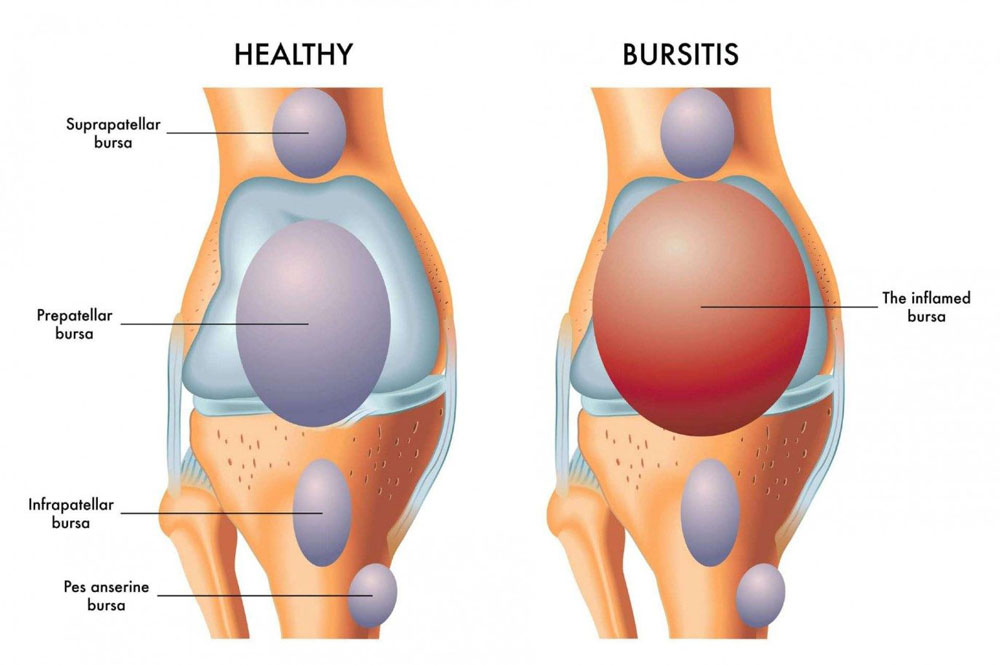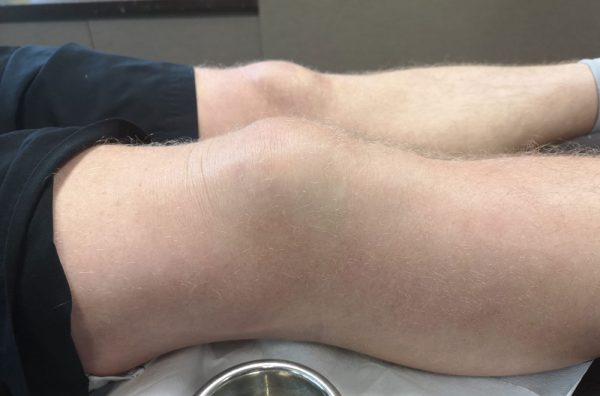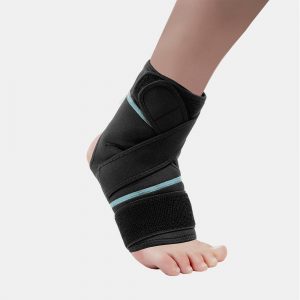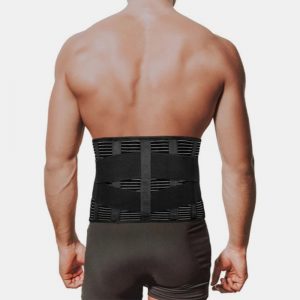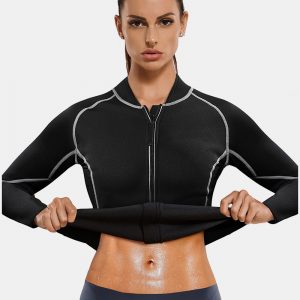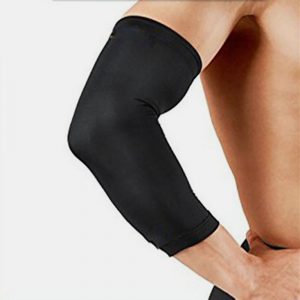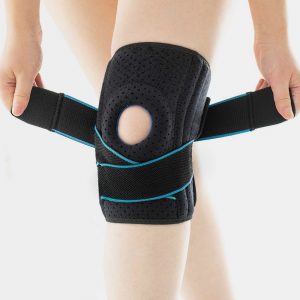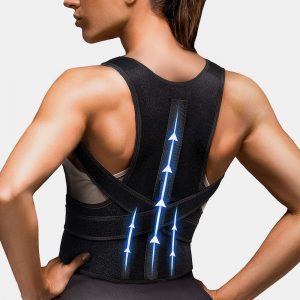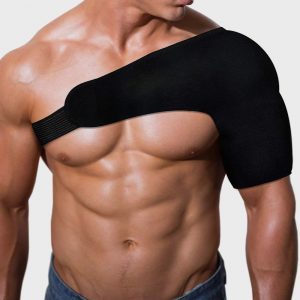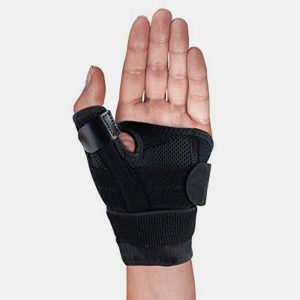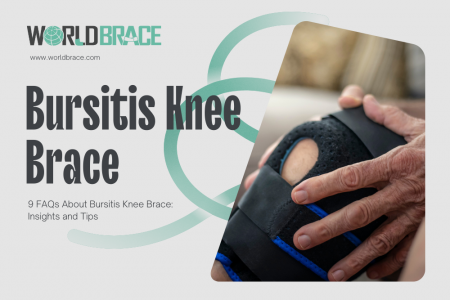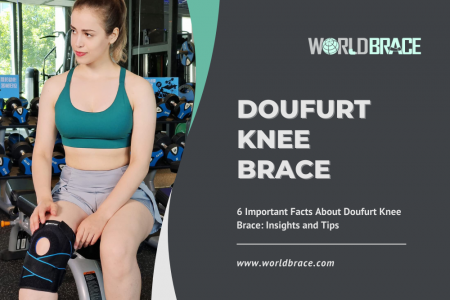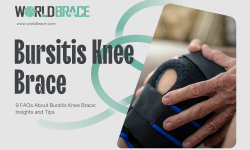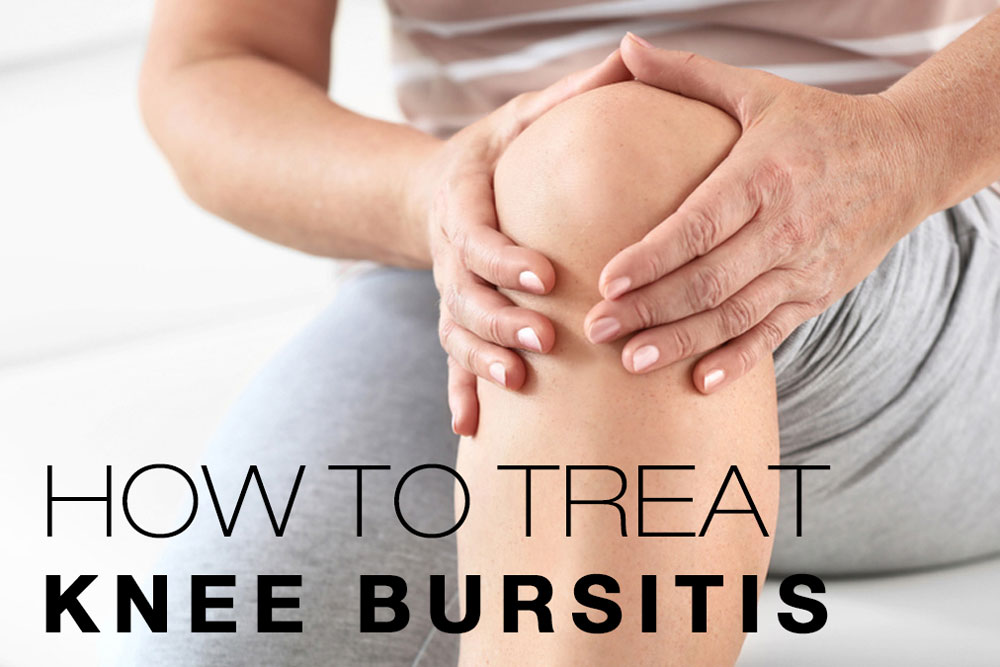
Table of Contents
Best Knee Brace for Bursitis
Bursitis of the knee is a condition characterized by the irritation or inflammation of one or several bursae (tiny fluid-filled sacs near the knee joint).
Fortunately, most cases of knee bursitis do not require invasive treatments such as surgery and can be managed effectively with exercise and knee braces.
So in today’s article, we will cover what knee bursitis is, its causes and treatment, and the best knee brace for bursitis.
What Is Knee Bursitis?
As mentioned above, bursae are small fluid-filled sacs near the knee joint. They help minimize friction and mitigate pressure points between the bones and tendons and the skin and muscles near the knee joints. An irritation or inflammation of these cushioning agents results in knee bursitis.
Even though bursitis of the knee can occur when any bursa is irritated, knee bursitis most commonly occurs when the bursa above the kneecap (suprapatellar) or those inside the knee beneath the joint (pes anserine bursa) become inflamed.
Knee bursitis results in pain and certain cases, limited mobility and is a fairly common complaint.
What Causes Knee Bursitis?
Many things can cause bursitis of the knee, such as:
- repetitively sustained pressure on the knee
- overuse of the knee joint
- a direct injury to the knee
- bacterial infection of the bursa
Besides these common factors, the risk of developing knee bursitis increases in these cases:
- Extended kneeling, especially on hard surfaces.This includes carpet layers’, gardeners, and plumbers.
- Participation in strenuous sporting activities could cause frequent falls or direct blows to the knee. This includes football, wrestling, and volleyball. Moreover, runners often develop knee inflammation when the bursa on the inner side of their knee below the joint becomes inflamed.
- Obesity
- Gout
- Autoimmune conditions such as osteoarthritis and rheumatoid arthritis.
Knee Bursitis Symptom Pictures
How to Treat Knee Bursitis?
Since bursitis of the knee usually improves with time, treatment generally involves providing symptomatic relief, improving lifestyle, and exercise. If an infection is the cause of bursitis, doctors will prescribe antibiotics.
Symptomatic treatment includes:
- Over-the-counter pain medication, i.e., anti-inflammatory drugs such as aspirin, ibuprofen, or naproxen.
- Applying ice on the knee for 20 minutes several times daily till the pain subsides and the knee doesn’t feel warm on the touch.
- Corticosteroid injectioninto the affected bursa for persistent pain that does not respond to basic treatment. While the injection rapidly subsides inflammation, some pain and swelling from the treatment can last for a few days.
- Aspirating the bursa to minimize excessive fluid and retention and reduce inflammation. However, this might cause temporary pain and swelling.
Based on the cause and severity of the knee bursitis, in which the bursa is infected, and its responsiveness to the treatments mentioned above, chronic or recurrent bursitis might require surgery to get rid of the bursa.
Knee Exercises for Bursitis
Physical therapy and exercises can help improve flexibility, strengthen muscles, and help return you to your normal lifestyle. However, recovery can take two to eight weeks, depending on the condition.
Exercises for knee bursitis include:
- Hamstring stretch on wall
- Standing calf stretch
- Quadriceps stretch
- Hip adductor stretch
- Quad sets
- Heel slide
- Side-lying leg lift
- Straight leg raise
What is the Best Knee Brace for Bursitis?
If your daily routine must involve kneeling, then a bursitis knee brace can help reduce swelling and mitigate pain.
The features of a good knee brace include:
- providing support and compression to the affected area
- preventing further injury
- enhancing performance
- reducing pain and inflammation
The ideal bursitis knee brace must be lightweight, moisture-absorbent, and odor-masking, and that’s exactly what we had in mind when developing bursitis knee braces at WorldBrace.
Our knee braces can be custom-made to include a patella gel pad – a special cushioning on or around the kneecap that helps protect the front of the knee and promotes flexibility by uniformly distributing stress on the knee joints. We also have open and closed knee braces for breathability and heat retention.
To learn more about how we can help develop a personalized bursitis knee brace for you, visit our online store today.
Knee Bursitis,prepatellar bursitis - Everything You Need To Know
faq
How Long Does Knee Bursitis Last?
Apart from resting the knee, proper swelling management, stretching, and strengthening exercises can heal knee bursitis in about two to eight weeks.
Is Walking Good For Knee Bursitis?
You can still do low-impact/gentle exercises like a slow walk or a static bike ride. However, avoid anything that aggravates your symptoms.

